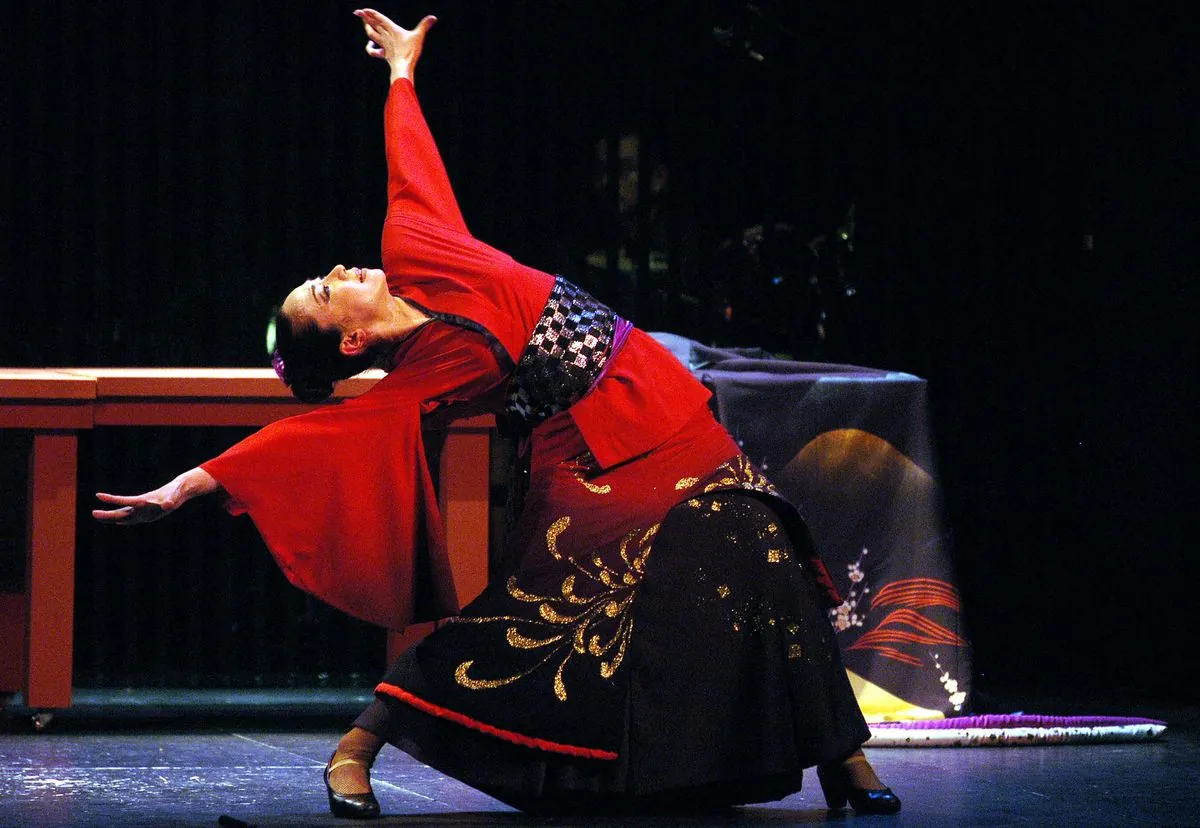Japanese Dancer's Historic Flamenco Win Sparks Controversy in Spain
Junko Hagiwara becomes the first foreigner to win a prestigious flamenco award in Spain, stirring mixed reactions. Her victory challenges traditional perceptions of the art form's cultural boundaries.

In a groundbreaking moment for the world of flamenco, Junko Hagiwara has become the first non-Spanish dancer to clinch the coveted "Desplante" award at the Cante de las Minas festival. This prestigious event, held annually in La Unión, Murcia, has been a cornerstone of flamenco culture since 1961.
The 38-year-old performer from Kawasaki, Japan, known professionally as La Yunko, secured the title of best female dancer, marking a significant milestone in the festival's history. However, her victory was met with a mix of applause and dissent from the audience.

Flamenco, recognized by UNESCO as a Masterpiece of the Oral and Intangible Heritage of Humanity in 2010, has deep roots in Spanish culture, particularly in the Andalusia region. The art form, which combines intricate guitar playing, emotive singing, and expressive dance, has evolved over centuries, with its origins traceable to the 18th century.
Hagiwara's journey into the world of flamenco began at the age of 14 when she first encountered the captivating sounds of flamenco guitar. Despite initial hesitation from her parents, she pursued her passion, commencing formal training in Tokyo at 18. Her dedication led her to Seville, a city renowned as one of the capitals of flamenco, where she honed her skills under the guidance of esteemed practitioners.
The controversy surrounding Hagiwara's win highlights the ongoing debate about cultural authenticity in traditional art forms. Some critics, including fellow competitor María Canea, suggested that the decision was influenced by "politics" or a desire to enhance the festival's international appeal.
However, Francisco Paredes, the festival jury's chairman, firmly rejected these claims, stating:
"People are saying ridiculous things, that the competition was rigged by the mayor, which is completely false."
Hagiwara's victory is particularly noteworthy given Japan's growing appreciation for flamenco. The country boasts over 600 flamenco schools, with the first flamenco performance in Japan dating back to 1929. The art form gained significant popularity in Japan during the 1960s and 1970s, leading to several Japanese dancers achieving recognition in Spain.
Flamenco critic Manuel Bohórquez praised Hagiwara's performance, citing her classicism and authentic approach as key factors in her success. This endorsement from within the flamenco community underscores the evolving nature of the art form and its ability to transcend national boundaries.
Hagiwara's win not only challenges traditional perceptions but also highlights the global reach and appeal of flamenco. As the art form continues to inspire and captivate audiences worldwide, her achievement may pave the way for greater international participation and recognition in future festivals.


































